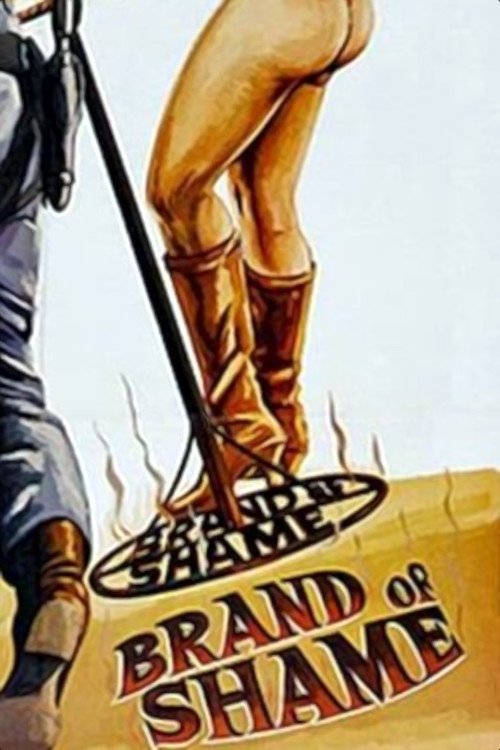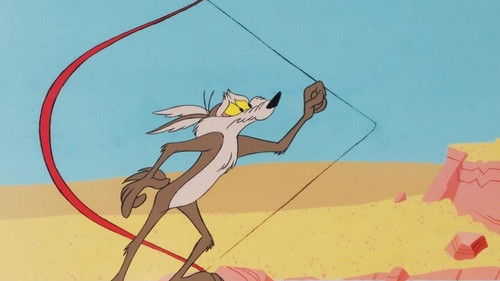Informações
Sinopse:
Duração: 01h13m
Data de lançamento: 19 de julho de 1968
Genêros: Faroeste.
(8 votos)
?
?

Sinopse:
Duração: 01h13m
Data de lançamento: 19 de julho de 1968
Genêros: Faroeste.

Further to an accident, Serge falls into a coma. A research team is going to try to stimulate his memory to return him to consciousness.

The coyote chases the road runner, but in this one he actually succeeds, to his bemusement.

O pai de James convidou a família de Hayley para um Natal num resort de luxo nos Alpes Austríacos, para que conhecessem a nova namorada americana dele. No entanto, um engano no aeroporto leva as duas famílias a acomodações trocadas em diferentes lados do vale e pontos opostos da qualificação do Tripadvisor. Pode o relacionamento de Hayley e James sobreviver a mais um Natal em família turbulento?

Naai Sekar, que decide ganhar dinheiro sequestrando cães, descobre sobre seu cachorro de estimação que foi tirado de sua família durante sua infância. Ele conseguirá resgatar seu cachorro, que é considerado um amuleto da sorte?

UFC 21: Return of the Champions was a mixed martial arts event held by the Ultimate Fighting Championship on July 16, 1999 at the Five Seasons Events Center in Cedar Rapids, Iowa. The event was seen live on pay per view in the United States, and later released on home video.

Captain Bob Hayworth, his brother Lieutenant Gilroy Hayworth and Captain Derek Marbury are in a World-War 1 trench on the front-lines in France. Bob Hayworth resents Marbury greatly as the latter had married the girl, Lucy Neville, Marbury was courting in pre-war London. Ordered to go on a night patrol, the cowardly Gilroy committed suicide rather than face his fear. Bob and Derek arrange it to appear that Bob had been killed by a shell-burst, and Derek, with his face camouflaged, takes the patrol posing as Gilroy. While on patrol, Derek is hit by a shell-burst and found by the German Red Cross, who turn him over to a family of French peasants.

San Francisco filmmaker Konrad Steiner took 12 years to complete a montage cycle set to the late Leslie Scalapino’s most celebrated poem, way—a sprawling book-length odyssey of shardlike urban impressions, fraught with obliquely felt social and sexual tensions. Six stylistically distinctive films for each section of way, using sources ranging from Kodachrome footage of sun-kissed S.F. street scenes to internet clips of the Iraq war to a fragmented Fred Astaire dance number.

Men will be men.